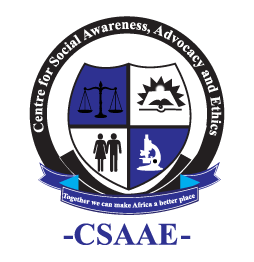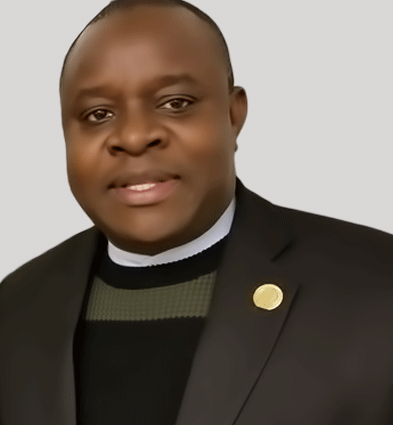The news of the arrest of a rising artiste, Naira Marley, (Afeez Fashola) by the Economic and Financial Crimes Commission (EFCC) would have been a bitter-sweet experience for the musician as he was arrested on his birthday. The youngster was arrested along with another popular rising star, Zlatan Ibile, (Omoniyi Temidayo), and about three other acquaintances according to official EFCC reports.
The arrest could be tied to some strings of events that transpired on social media in the weeks leading to the event. A summary of the gossip is that Naira Marley called out another Nigerian entertainer, Simi, on Instagram for snubbing him. He then added the tag “Am I a yahoo boy?” The rave following this simple yet problematic post has revealed the rotten and skewed worldview which prominent artistes in the Nigerian entertainment industry face. Under the post by Naira Marley, several popular artistes showed tacit support for internet fraud, aka Yahoo Yahoo, with Davido commenting “nobody holy pass”, roughly interpreted as no one is really innocent or perfect.

In Nigeria today, it is quite saddening that genuine debates around ethos and values reveal a sharp and rather unusual divide between the society. While other modern societies are divided on topics such as the appropriate mode of response to problems such as climate change or terrorism, the ironical confusion in Nigeria is figuring out whether the practice of internet fraud is really wrong.
In order to take this from an objective point of view, we will examine the arguments of those who have argued in favor of internet fraud. A prominent argument on this part of the aisle is the economic hardship that is faced by a large section of the country. Nigeria’s unemployment numbers as reported by the National Bureau of Statistics reveals that about 13 million youths are unemployed. Asides unemployment, Nigeria has a non-existent welfare system, as the health and the food system have failed woefully in giving support to the booming population, currently around 200 million. It is therefore without doubt that there is some genuineness in the hardship faced by Nigerians. The question therefore is, should the response to the challenge of hardship, be ripping off other people of their savings? A Machiavellian outlook to that would be to do whatever benefits you, but wouldn’t that be more appropriate if it were legal?
Another nefarious argument that flies around in defense of committing fraud is the laughable argument that the fraudsters are on a Robin-hood style of vengeance which is justified due to the slave trade exacted on Africans by mainly Europeans and Westerners. As bankrupt as this social vendetta is, it is rather lazy and laughable as an argument. Much of history already suggests that there was as much complicity on the part of some African slave traders (after all, it was a TRADE).
Another nefarious argument that flies around in defense of committing fraud is the laughable argument that the fraudsters are on a Robin-hood style of vengeance which is justified due to the slave trade exacted on Africans by mainly Europeans.
It is a saddening event that the crime of fraud has been romanticized in the Nigerian entertainment industry, with few exceptions of course. The entertainment industry is probably the most influential industry on social thinking in the modern world today. It is therefore important that artistes understand the consequences of their decisions and endorsements. For a growing Africa youth, the endorsement of fraud and criminal activities is not a great indicator for our future. If we are seeking to change the skewed narrative that has been projected on Nigeria for a long time now, we must be willing to look inward and nip negative tendencies in the bud.
FRAUD is not social activism! It is criminal and that’s all about it!
Edited by: Ajiboye Jesutooni Emmanuel, CCO, CSAAE


